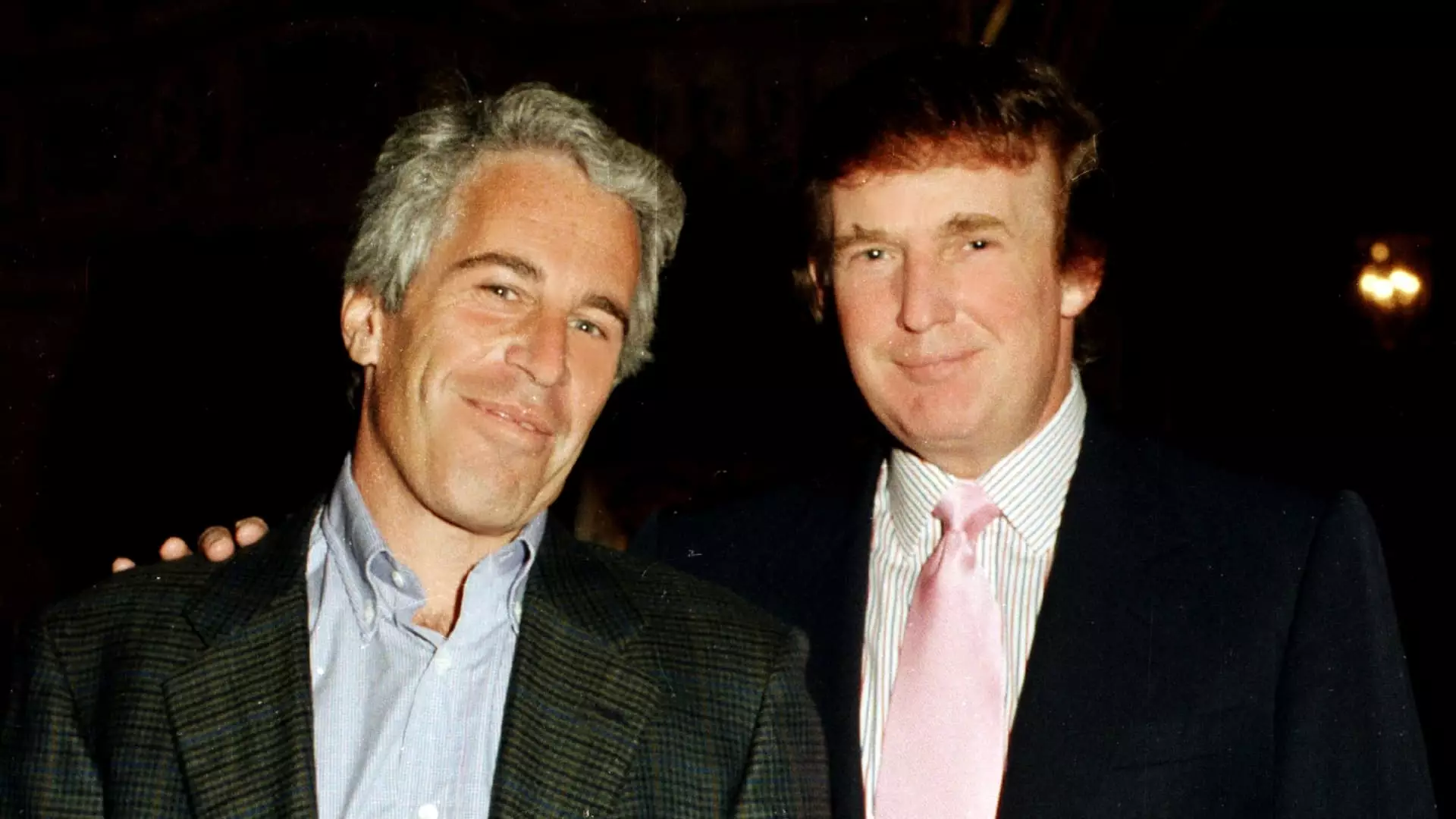The ongoing saga surrounding Jeffrey Epstein’s extensive criminal allegations and the attempt to unseal related grand jury records exemplifies a disturbing pattern in our justice system—one of deliberate opacity cloaked as procedural prudence. The recent refusal by a federal judge to unseal these files underscores not just administrative caution but a troubling reluctance to confront uncomfortable truths. While official narratives suggest that the government has already “investigated thoroughly,” this framing conveniently dismisses the gravity of withholding potentially damaging information from the public. Transparency isn’t merely a procedural matter; it’s an ethical imperative, especially when dealing with grave offenses involving powerful individuals whose influence extends beyond the courtroom.
The government’s argument that a “trove” of files surpasses the significance of grand jury materials trivializes the importance of these sealed documents. To dismiss them as mere footnotes in a larger repository erodes accountability and perpetuates a culture of secret dealings. The deliberate delay and opposition from various courts reveal an underlying anxiety—one driven by the fear that unsealing these records might expose systemic failures, complicity, or uncomfortable associations among elites. It raises the question: are we genuinely committed to justice, or are we comfortable with a facade that protects the powerful at the expense of victims’ rights?
The Political Manipulation of Secrecy
The political dimension of this case becomes glaringly evident when examining the Trump administration’s role. Their initial pledge to declassify and unseal Epstein-related files painted a picture of transparency—yet the sharp reversal in July signals something far less sincere. Such flip-flops highlight how political considerations, rather than justice, appear to be the guiding force. The administration’s push to unseal documents, under intense pressure from supporters and critics alike, felt more like a tactical move to appease factions rather than a genuine pursuit of accountability.
Moreover, the narrative surrounding Trump’s personal connection to Epstein further complicates the matter. While some exploit this connection to tarnish the president, the broader issue is that elite immunity persists, regardless of political affiliation. The fact that Epstein’s circle included influential figures from all walks of life—whose records remain partially sealed—suggests a disturbing imbalance in how justice is administered. When institutions prioritize political convenience over uncovering the truth, they weaken the foundation of trust necessary for a healthy democracy.
Justice Delayed, Justice Denied
What is most troubling in this entire saga is the repeated denial of access to grand jury materials by multiple courts. Judges have cited procedural or legal reasons—yet the consistent theme reveals something more insidious: an unwillingness to confront the full scope of Epstein’s and Maxwell’s crimes. This pattern indicates a broader reluctance to hold those in power accountable, hinting at a justice system heavily influenced by the same elite networks implicated in the allegations.
This institutional inertia is compounded by the broader societal issue of victims remaining silenced and unprotected. When records are kept hidden under legal and political cover, it reinforces a culture where victims’ voices are drowned out, and accountability becomes a commodity accessible only to those with influence. Such an environment fosters skepticism and cynicism, eroding public confidence in institutions that are supposed to serve justice rather than serve the interests of the powerful.
The Need for a Moral Reckoning
Ultimately, the persistent effort to keep Epstein’s files under wraps reflects a deeper refusal to face uncomfortable truths about privilege, corruption, and systemic failure. As a society committed to liberal values of fairness and accountability, we should demand more from our institutions—not less. The fight to unseal these records is not merely about legal transparency; it is a moral imperative that challenges us to confront the realities of inequality and abuse that have long been shielded from the public eye.
Holding the powerful accountable, especially in cases involving pervasive misconduct and exploitation, is what distinguishes a truly fair society from a corrupt one. As long as these files remain sealed, the question remains: are we prioritizing justice, or merely protecting a system that has failed too many victims? The time for hollow promises and half-measures has passed; what’s required now is genuine transparency and a collective moral awakening to catalyze meaningful change.


Leave a Reply